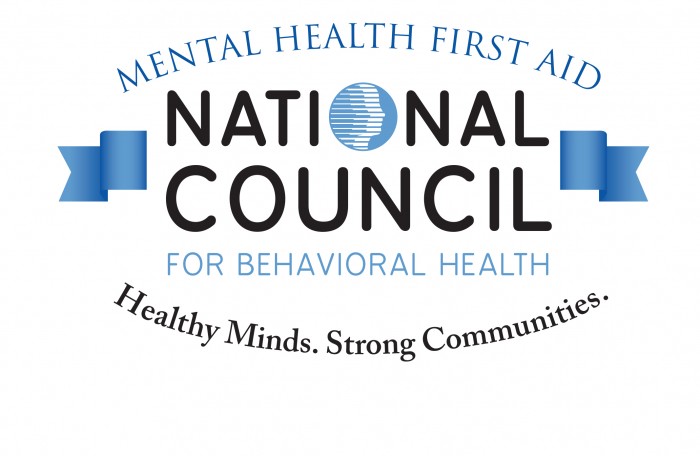On Friday, August 14, Senators Casey (D) and Toomey (R) circulated a letter to the Pennsylvania Congressional delegation — signed by almost every member of the delegation. The letter requests that the Department of Health and Human Services (HHS) allow providers that have been impacted by COVID-19, and have not received targeted distributions from the Federal government through the CARES Act, to directly apply for funding from the Provider Relief Fund. The letter also outlines previous issues providers were facing when applying for and receiving allocations of these federal funds.
CARES Act Best Practices Compliance Checklist for Providers
Buchanan Ingersoll has put together a Compliance Checklist for Providers as a resource for providers. Applying for, retaining, and monitoring CARES Act funding can be a complex process, requiring careful oversight and a significant time commitment. Failure to comply with the relevant requirements set forth by the federal government for Provider Relief Fund recipients could put your health care organization at substantial risk. Just to begin with, any provider that received more than $150,000 in funding will need to file detailed quarterly reports; and those that received more than $750,000 will be automatically audited by the Office of Inspector General (OIG).
Buchanan’s experienced CARES Act Compliance Team can provide guidance regarding proper policy enhancements, accounting considerations, necessary documentation, training, and report/audit preparation, as well as assisting your organization in fully understanding the risks of noncompliance, so you are protected. If you’d like more information, please contact Buchanan Ingersoll directly. Visit this web page for details or to submit any questions you have.
DOH Requesting Applications for Providers to Supply Services for Pennsylvania WIC Program
National Council Trauma and Recovery-Oriented Toolkit
Flexibility and Collaboration are More Important Than Ever – Access our Trauma and Recovery-Oriented Toolkit
The opioid crisis has affected families across the nation. Approximately 10.3 million people live with an opioid use disorder and there were more than 46,000 opioid-related overdose deaths in 2018. We know that trauma is a significant driver of substance use disorders and scores on the Adverse Childhood Experience index are highly correlated with substance use disorders later in life.
How can you create sustainable system-wide change that addresses trauma and fosters recovery for those you serve?
The Trauma-informed, Recovery-oriented System of Care Toolkit, supported by the Indiana Family and Social Service Administration and piloted in 14 Indiana counties, is a field-informed toolkit developed by the National Council’s foremost experts in shaping recovery-oriented and trauma-informed approaches. It gives actionable guidance to create a framework to implement trauma-informed and recovery focused initiatives, along with scripts, tools, concrete strategies, and recommendations for your community.
You’ll gain the tools and practical examples to:
- Develop and implement trauma-informed frameworks for organizing substance use services within your community, such as identifying and responding to patients with trauma and substance use challenges.
- Create a framework that involves assessing organizational readiness of medication-assisted treatment and practices.
- Address individual and environmental risk factors for substance use through evidence-based programs and strategies.
View our informational webinar on combating the opioid crisis through a trauma-informed, recovery-oriented system of care (TI-ROSC). Sparked your interest? Read our blog post on why the TI-ROSC model may provide a useful framework for improving service delivery and care.
Questions? Contact Sarah Flinspach.
















